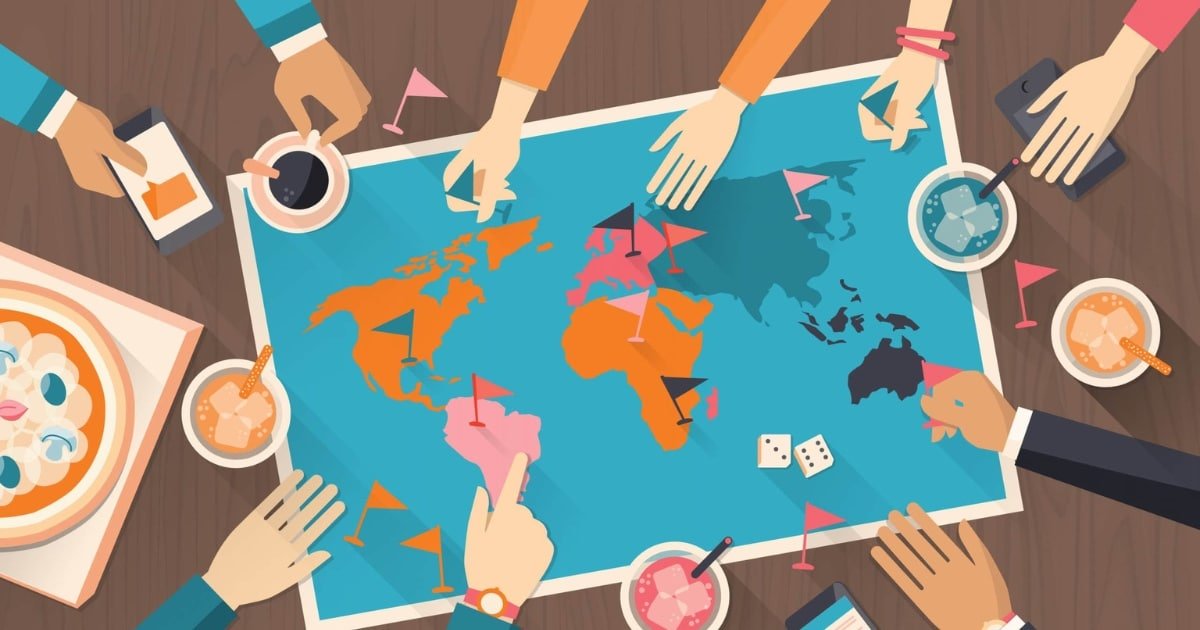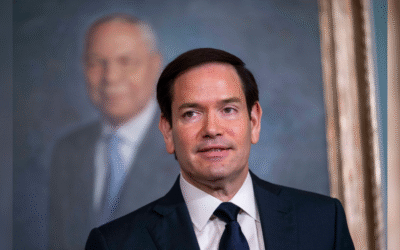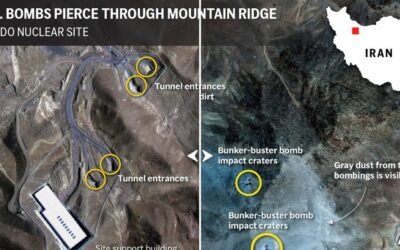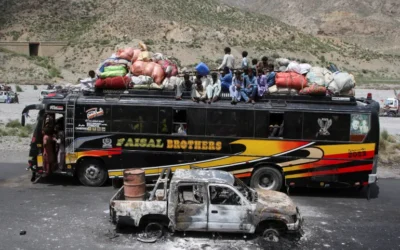In his 1990 book Bound to Lead: The Changing Nature of American Power, Joseph Nye first popularised the term “soft power,” which characterises a country’s ability to achieve its goals by appeal rather than force. It refers to the ability to influence others’ preferences by appeal and attraction rather than coercion. Soft power, as opposed to “hard power,” is based on persuasion, and the ability to influence others’ judgements.
The Tools of Soft Power
Soft power encompasses educational exchanges, public diplomacy, and cultural diplomacy. Educational exchanges allow students, scholars, and professionals to gain personal experience with a new culture, fostering mutual understanding and compassion. Cultural exchange initiatives, such as film festivals, artist residencies, and sports exchanges, can develop goodwill between foreign institutions and individuals.
For decades, the United States has maintained its global “soft power” with Hollywood serving as one of its most effective tools. American films and television series, filled with iconic stars, compelling storylines, and stunning visuals, captivate audiences around the world. These productions often project a positive image of the U.S., showcasing American ideals such as individualism, democracy, and freedom. Through Hollywood, the U.S. continues to shape its global perceptions and make the American Dream an aspiration for people far beyond its borders.
You May Like To Read: Tragedy Strikes Off Yemen Coast as Migrant Boat Sinks, 76 Dead
The Erosion of U.S. Soft Power
However, since the beginning of the war in Gaza, the United States has morally and militarily backed Israel in spite of their brutality, which has resulted in the deaths of doctors and aid workers. The United States’ soft image has significantly worsened. The Gaza war prompted a review of the United States’ previous imperial missions in Iraq, Yemen, and Syria. The infamous Abu Ghuraib Prison and its gruesome torture stories have made their way back into the media. Every time the countries pressed for a cease-fire in Gaza, the United States was the only one to block it.
Furthermore, during Trump’s second term, the United States has experienced tremendous transformation in just a few months. Tariff wars, attacks on illegal immigrants, cuts to university funding, the dismantling of USAID, the assault on students advocating Palestinian rights, and the labelling of the Palestinian Action and its sympathisers as “terrorists” all had fascist overtones. By targeting American colleges, media, and the court system, he violated the fundamental values that the United States has always applied to promote the democratic model. Under Trump’s administration, the US is rapidly losing its loyal allies and global trust.
China’s Rise
In the Far East, China is emerging as the next superpower, thanks to ambitious programs such as the Belt and Road Initiative (BRI), which have successfully enhanced the world’s interconnection to itself. The initiatives, like CPEC, have considerably aided developing and underdeveloped countries. However, the BRI projects appear to be China’s exaggerated model of trade channels and third-world countries’ economic dependence on China. Some political hawks and international relations experts have suggested that China is implementing a “debt trap” policy.
US Secretary of State Mike Pompeo accused China of employing this strategy, particularly through its Belt and Road Initiative (BRI), an infrastructure project aimed at growing China’s influence in Asia, Africa, and elsewhere. Pompeo claims that China undermines nations’ sovereignty and takes control of vital infrastructure, like ports and power plants, by using predatory lending, corruption, and opaque techniques to load them with unsustainable financial obligations.
You May Like To Read: Trump Accuses India of Financing Putin’s War
When Sri Lank declared bankruptcy in 2022, the “debt trap” policy became public. Sri Lanka’s Hambantota port, built under Mahinda Rajapaksa with more than $1 billion in high-interest Chinese loans, experienced early economic concerns. After failing to acquire funds from other sources, Sri Lanka resorted to China, who built the port despite reservations. When the port underperformed, it was leased to a Chinese business in 2017, but the earnings were used to settle Western debts rather than lower Chinese debt.

Source: The Diplomat
The Digital Age and the New Soft Power Landscape
In today’s merging multipolar world, soft power is more essential than ever. In the digital age, every single action a country takes leaves its footprint on social media. as opposed to the past, when a nation would dominate the narrative and rewrite stories after winning a conflict. Social media contains all of the documentation and firsthand accounts of victims of superpowers. In an attempt to use soft power to influence others, developing countries are engaging in “cultural diplomacy wars” to advance their media, educational programs, and languages.
Conclusion
In today’s changing global scene, both the United States and China are losing soft power influence, creating a significant gap in global leadership. Emerging nations like India, South Korea, and Turkey are bridging the gap as they establish themselves in a multipolar globe. Emerging powers are shaping the future of international politics, while traditional global powers are striving to maintain their image.




























